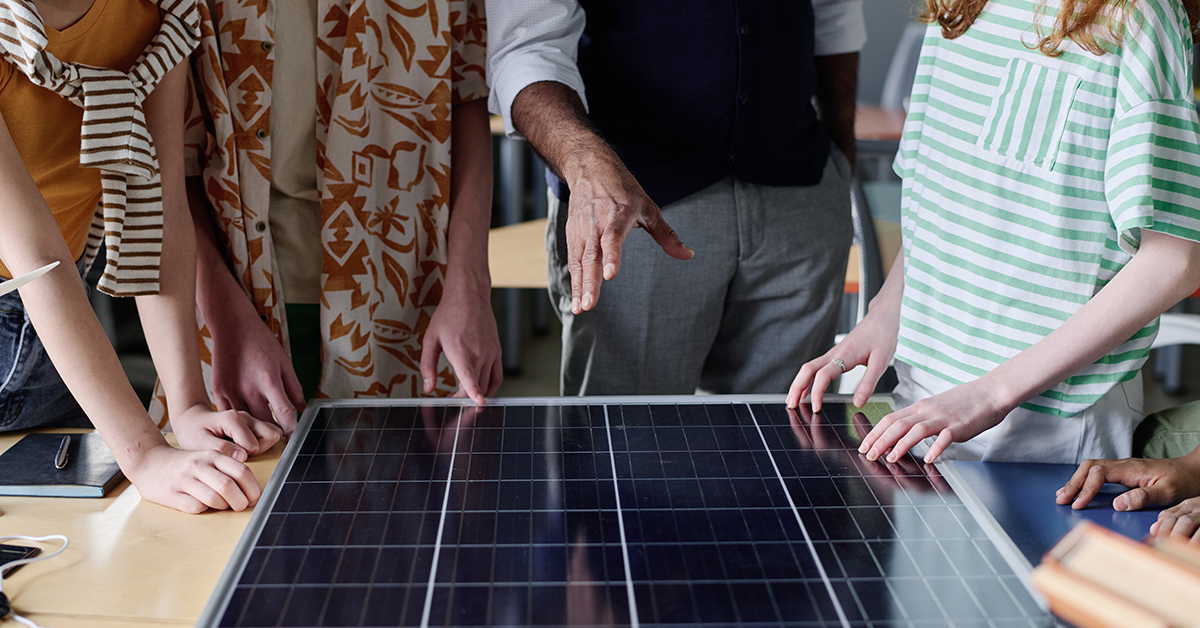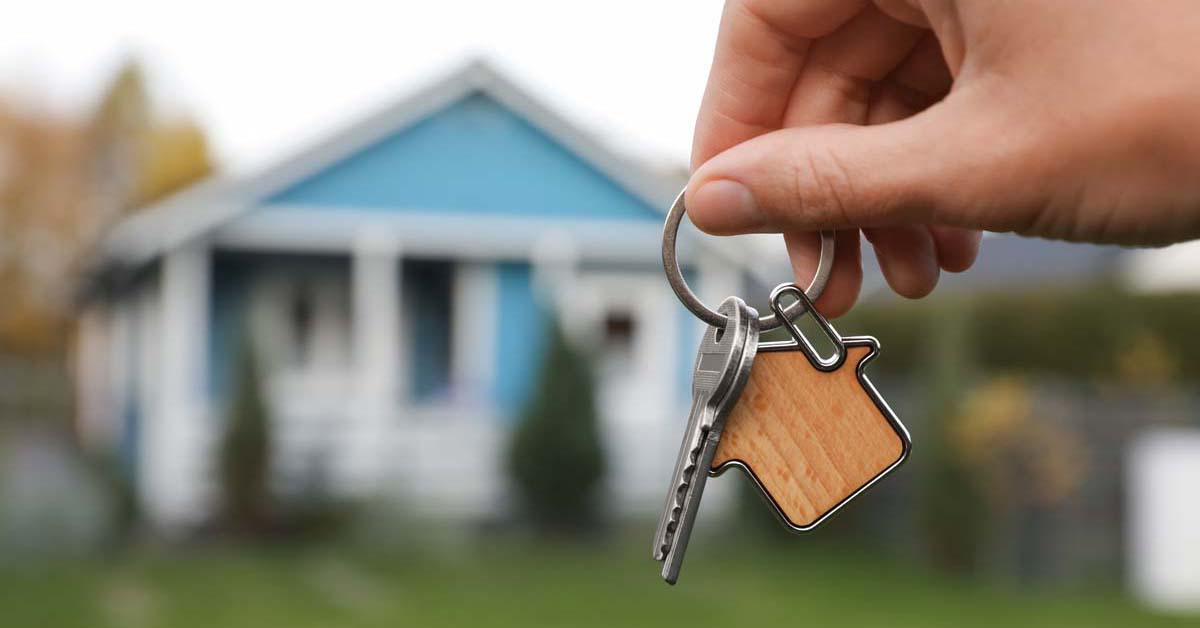5 Questions to Ask Before Going Solar
Solar energy can be an excellent investment for homeowners, but it's crucial to do your homework before making the leap. Here are five essential questions to ask yourself when considering solar panel installation.
1. What is My Home's Average Monthly Energy Use?
Understanding your energy consumption is the first step in determining the right solar system for your home. The average US home uses about 30 kWh of electricity daily.
By calculating your monthly energy use, you can:
- Determine the number of solar panels needed
- Estimate potential energy savings
- Ensure your solar system can fully offset your electricity consumption
Pro tip: Most homeowners install between 15-19 solar panels to cover their electricity needs completely.
2. Which Direction Does My Roof Face?
Roof orientation significantly impacts solar panel efficiency. A south-facing roof is ideal for solar panel installation, as it receives the most sunlight throughout the day.
However, don't be discouraged if your roof doesn't face south:
- Solar panels can still generate power on other roof orientations
- A custom solar system design can maximize output based on your roof's specific characteristics
3. Do Tax Rebates Exist in My State?
While the search results don't provide specific information about state tax rebates, it's crucial to research local incentives. Check with your state's energy office or a local solar installer to:
- Understand available tax credits
- Explore potential financial incentives
- Reduce the overall cost of your solar installation
4. Is My Roof Strong Enough for Solar Panels?
Roof structural integrity is paramount for solar panel installation. Consider these key factors:
- Most roofs can support solar panels, which typically weigh 3-4 pounds per square foot
- Professional roof inspectors can assess your roof's load capacity
- Roofs should be in good condition with at least 10-15 years of life remaining
5. Do I Need Permits for Solar Panel Installation?
Permit requirements vary by location.
Typically, you'll need:
- Electrical permit
- Building permit
- Interconnection approval to connect to the grid
- Potential zoning permit
- Homeowners Association (HOA) permission, if applicable
Important: Always check with local authorities about specific permit requirements in your area.By carefully considering these five questions, you'll be well-prepared to make an informed decision about solar panel installation. Remember, a professional solar consultation can provide personalized insights tailored to your specific home and energy needs.
By carefully considering these five questions, you'll be well-prepared to make an informed decision about solar panel installation. Remember, a professional solar consultation can provide personalized insights tailored to your specific home and energy needs. At MIT Federal Credit Union, you can get started with a system design and financial analysis within 24 hours, all online. Learn more about our competitive rates and quick, easy process.
« Return to "Blog"

5 Questions to Ask Before Going Solar
Solar energy can be an excellent investment for homeowners, but it's crucial to do your homework before making the leap.

What’s the Best Way to Use a Home Equity Loan?
With interest rates falling and home prices rising, it seems like a great time to tap into my home’s equity using a home equity loan.

Adjustable Rate Mortgages - Questions Answered
The following are things to consider if you think an ARM is the right choice for you.





